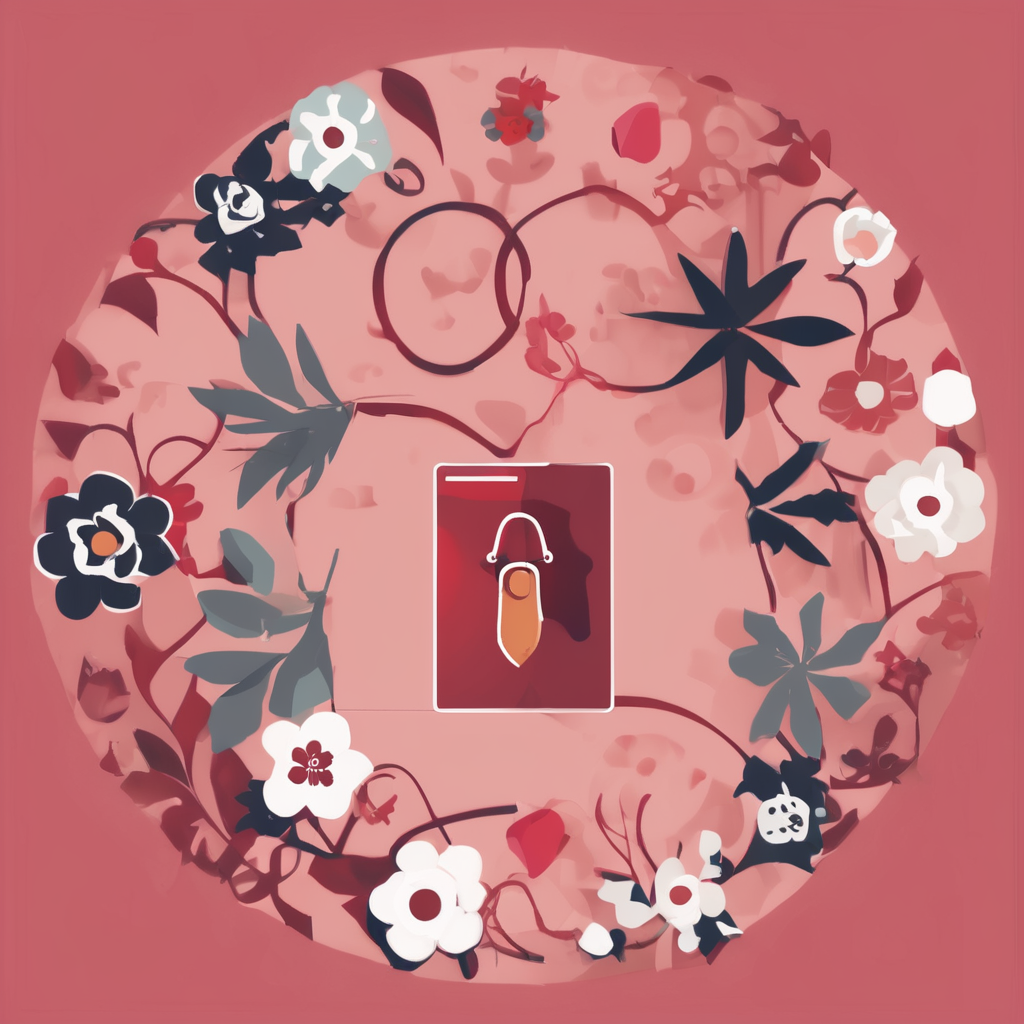Overview of Unique Pet Ownership in Britain
In recent years, Britain has seen a fascinating rise in unique pet ownership, altering the traditional pet landscape. Statistics indicate a notable increase in households choosing unconventional pets, deviating from the classic cats and dogs. This trend underscores a shift in pet ownership trends, where creatures like reptiles, small mammals, and even amphibians gain traction.
Comparatively, traditional pets are still prevalent; however, their household popularity faces a compelling challenge from these newfound companions. The appeal of unique pets lies in their diversity and intrigue, captivating a growing segment of the pet-loving public who seek something beyond the ordinary.
Additional reading : How do UK laws protect exotic pet owners?
This evolution is not just about numbers. It underscores a significant demographic transformation among pet owners. Younger generations, in particular, often lean towards these unconventional choices, reshaping the demographic landscape of pet owners in Britain. Such shifts indicate a broader change in lifestyle preferences, with unique pets symbolizing individual identity and personal expression. These trends reflect evolving societal norms and preferences in today’s pet ownership culture.
Motivations Behind Choosing Unique Pets
The trend of opting for unique pets reflects a shift in pet owner motivations, deeply rooted in emotional benefits and lifestyle alignment. These unconventional companions are not just pets but an extension of the owner’s personality, offering a sense of individuality and exclusivity. As such, they fulfill a desire for distinction in a world dominated by conventional choices.
In parallel : What Are the Most Unusual Pet Law Regulations in the UK?
Emotional Benefits of Unique Pets
Owning distinctive species often brings emotional gratification. Unconventional pets can provide a soothing presence and are frequently seen as conversation starters, fostering social connections. Moreover, caring for these rare creatures offers pet owners a sense of responsibility and purpose, enhancing their emotional well-being.
Influence of Lifestyle and Personal Identity
Lifestyle factors heavily influence the selection of unique pets. People living in urban areas may prefer smaller or less traditional animals that require less space and can adapt to apartment living. For many, these pets symbolize a reflection of one’s personal identity, often chosen to align with interests in exotic or niche hobbies.
Understanding the psychological and social drivers also reveals why these rare species are captivating. Social recognition plays a role, as owning something unique can elevate social standing and provide a sense of achievement. With growing awareness and appreciation of diverse animal species, unconventional pets continue to appeal to those looking to express their individuality in distinctive ways.
Societal Influences on Pet Choices
The landscape of pet ownership is constantly evolving, strongly influenced by societal trends. Cultural influences play a pivotal role in shaping perceptions of what is deemed appealing as a pet. This evolution is often observed through the lens of social media, where trends can spread rapidly, impacting personal choices and preferences.
Role of Social Media in Shaping Perceptions
Social media platforms have a profound effect on how pets are viewed and appreciated. They often highlight unconventional pets, showcasing their uniqueness to a broad audience. As such, these platforms can rapidly increase the popularity of certain species by generating interest and admiration. Through viral content, pets that were once considered unusual can quickly become mainstream.
Impact of Pop Culture and Celebrity Trends
Additionally, pop culture and celebrity endorsements significantly influence pet ownership trends. When celebrities showcase their unique pets, it can create a ripple effect, making those pets more desirable. This phenomenon exemplifies how societal figures can impact consumer behaviour, with followers eager to emulate what they perceive as glamorous or cutting-edge.
Community and Peer Influence
Finally, the influence of community and peers cannot be underestimated. People are often affected by the choices of those around them, with trends in pet ownership spreading through social circles. When a neighbour or friend owns an unconventional pet, it often sparks curiosity and interest, leading individuals to consider similar options themselves, thus perpetuating a cycle of influence within communities.
Comparative Analysis: Traditional vs. Unique Pets
Delving into the fascinating landscape of pet comparisons, it’s clear that both traditional and unique species offer distinct benefits and challenges for potential pet owners. While traditional pets like cats and dogs have long been beloved, thanks to their established pet benefits in social settings and as family companions, there lies an intriguing shift towards unique species.
Characteristics of Traditional Pets
Traditional pets are often praised for their companionship and familiar routines. They tend to be widely recognized and accepted, making them a comfortable choice for families. These pets come with a plethora of established care guidelines and a strong support network of veterinary services.
Benefits of Unique Pets
On the other hand, the appeal of unconventional pets is rapidly rising. Unique species offer novelty and a chance for owners to expand their understanding and bond with less common creatures. They can also provide unique interactions and learning opportunities, catering to those seeking more dynamic and distinctive experiences.
Long-term Commitment Considerations
Owning unique species often requires a long-term commitment. Care needs can be higher, as they might necessitate specialized environments or dietary requirements. For some, the investment in time and resources pays off in a deeper sense of engagement and satisfaction from owning something out of the ordinary. This commitment also reflects on lifestyle compatibility, where careful consideration can enhance the joy of pet ownership, whether traditional or unique.
Expert Opinions on Unique Pet Care
The domain of unique pet care is enriched by insights from seasoned veterinarians and pet professionals, who emphasize the importance of specialized attention to the health needs of unconventional pets. Unlike traditional mammals or feathered companions, these unusual creatures often come with intricate dietary and habitat requirements. Veterinarian insights stress the need for thorough research before an owner takes on a unique pet, as many species require specialized environments and care routines to thrive.
For example, reptiles often need specific temperature ranges and lighting to simulate their natural habitats. These specific conditions highlight the importance of expert advice in ensuring the health and well-being of such pets. Furthermore, case studies of successful unique pet ownership exemplify how understanding these requirements leads to rewarding relationships between owners and pets. Each success story underlines the necessity of being proactive in learning about the species-specific needs and being prepared to adapt living spaces and daily routines accordingly.
Transitioning from traditional to unique pet care also poses challenges, but expertise plays a crucial role here too. Owners are encouraged to consult with professionals who can provide tailored advice, ensuring that any move from a conventional pet ownership model is smooth and informed. This consultation is pivotal in understanding potential lifestyle adjustments and the need for ongoing education about unique pet care practices.
The Future of Pet Ownership Trends in Britain
The landscape of pet ownership trends is continuously shifting, with a considerable portion of this evolution being the growing preference for unique species. Predictions indicate that this trend is likely to persist, as societal values and cultural dynamics continue to change.
Anticipated Shifts in Demographics and Preferences
In the coming years, we expect a significant transformation in the demographics of pet owners. The younger generation’s inclination towards unique pets is set to further escalate. These pets, often symbolizing personal identity, align perfectly with the current youth’s desire for distinctiveness and individuality. As such, the rise in popularity of unconventional pets seems not only likely but inevitable.
Persistence of Unique Species Popularity
The enduring allure of unique species is attributable to their capacity to offer novel experiences and quench curiosity. Many pet owners are drawn to the idea of forging bonds with animals that are less commonplace, viewing it as an opportunity to learn and engage differently. This perspective feeds into the sustained popularity of these pets, as pet ownership shifts towards more personalised and meaningful interactions.
Potential Regulatory Changes
With unique pet ownership on the rise, regulatory frameworks may need adjustments to ensure the welfare of both pet and owner. There’s a potential for new policies aimed at better preparing future pet owners by establishing guidelines that highlight specific needs and suitability of exotic pets. This could involve expert advice on care and habitat requirements, ensuring a comprehensive understanding of the responsibilities involved.
These anticipated changes and emerging trends suggest that the future of pet ownership in Britain will be more diverse and dynamic, filled with opportunities for personal expression through the world of pet companionship.

